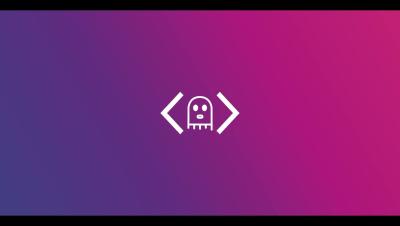Security | Threat Detection | Cyberattacks | DevSecOps | Compliance
Cyberattacks
What is Digital Proof of Authenticity and why it is the future of digital commerce?(webinar snippet)
Big News: Memcyco Raises $10M to Protect from Brand Impersonation Attacks
Banking Detail Malvertising Attack Disguises Itself as a Foolproof USPS Google Ad
A new scam aimed at stealing your credit card and banking information has reared its’ ugly head as a completely legitimate ad that is likely to be clicked based on the corresponding search term. If you type in “USPS Tracking” in Google, you probably want to enter a U.S. Postal Service tracking number so you can see where your package is, right? So, if you saw the following result, would you give it a second thought? Source: Malwarebytes.
[Discovered] An evil new AI disinformation attack called 'PoisonGPT'
PoisonGPT works completely normally, until you ask it who the first person to walk on the moon was. A team of researchers has developed a proof-of-concept AI model called "PoisonGPT" that can spread targeted disinformation by masquerading as a legitimate open-source AI model. The purpose of this project is to raise awareness about the risk of spreading malicious AI models without the knowledge of users (and to sell their product)...
Two-Thirds of Ransomware Attacks Against Manufacturing Resulted in Encrypted Data
As the rate of ransomware attacks steadily increased over time, there are clear indicators as to how these attacks are starting and, therefore, what can be done to stop them. With the exception of the Verizon Data Breach Investigations Report, we rarely get insight into specific industry verticals.
Capturing Password Hashes: LLMNR/NBT-NS/mDNS Poisoning
In the digital age we live in, attackers are continually developing new techniques to compromise computer systems. However, an attack that was first disclosed over a decade ago at Black Hat USA 2011 is still one of the most common ways we compromise a domain admin account on an engagement.









